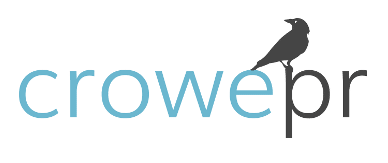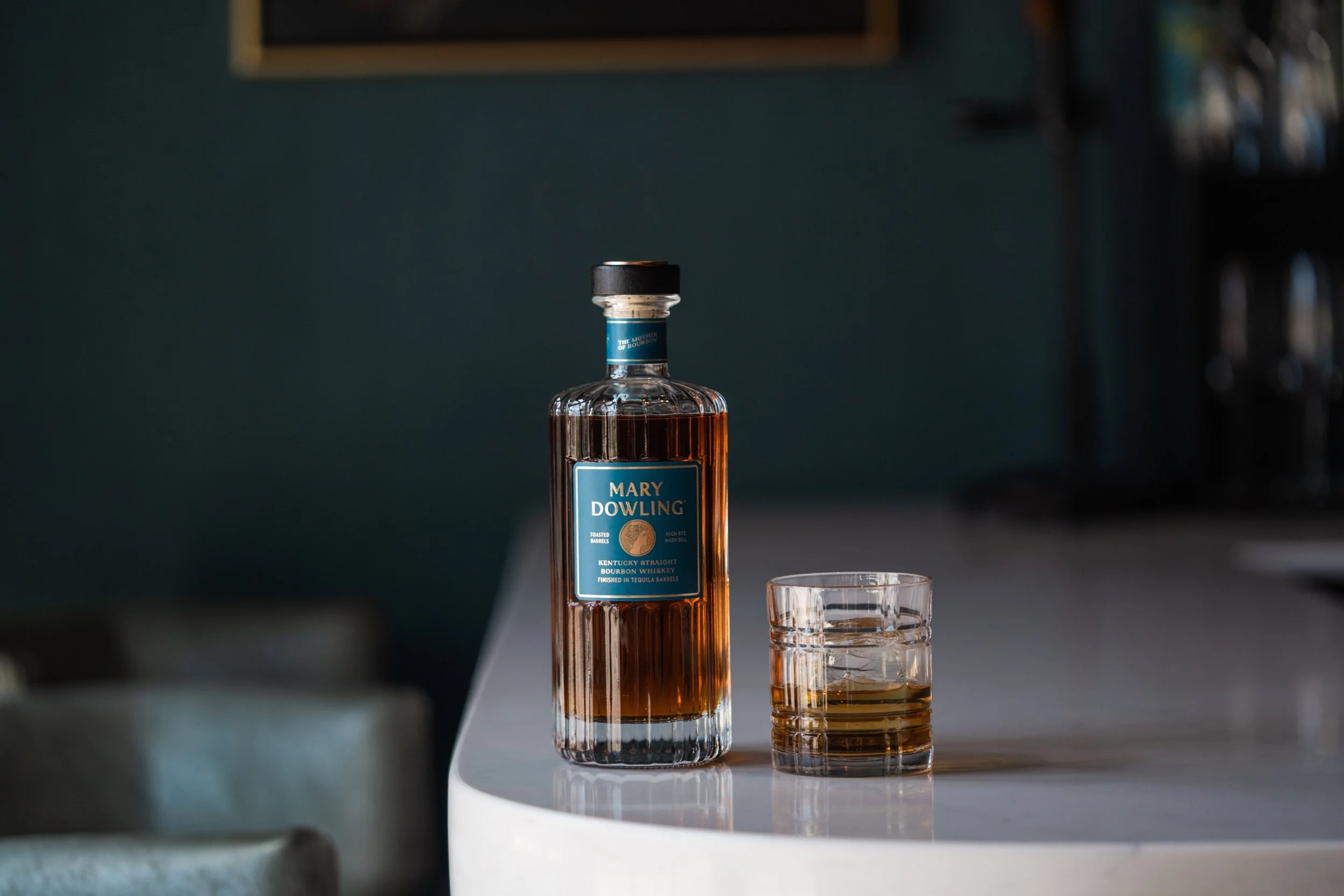What Spirits Brands Need to Know About Social Media, Influencers and U.S. Liquor Laws
By Natalia Barclay, Vice President of Communications at Crowe PR
As the lines between organic social, influencer marketing and earned media continue to blur, it’s easy to get swept up in “what will go viral” without stopping to ask: Is this even allowed?
For spirits brands, the answer isn’t always straightforward, and unfortunately, breaking the rules doesn’t just risk a takedown; it can also come with major regulatory consequences.
As an integrated PR agency that works with both emerging and established spirits brands, we’re often brought in to clean up social media strategies that weren’t built with legal compliance in mind. So, whether you're launching your first RTD or expanding distribution into new markets, here are a few expert tips your agency partner should be keeping in mind.
1. Know Your Tied-House Laws
Tied-house laws were designed to prevent unfair marketing advantages between producers, wholesalers and retailers. On social, this often means you can’t promote a specific retailer or bar (even if they’re carrying your product) without including at least two or more unaffiliated locations or points of sale in the same post. Tagging one liquor store and calling it a day? That could land you in trouble.
Pro tip: Make sure any social copy or influencer post that references where to buy includes a minimum of three retailers and does not overly favor one. And never link directly to an individual retailer’s site unless you're following that same two-or-more rule.
2. FTC Compliance Is Non-Negotiable
If you're working with influencers, the Federal Trade Commission (FTC) requires clear disclosures for sponsored or gifted products, no matter how niche or small your audience may be. Hashtags like #brand or vague acknowledgments buried in captions are not enough.
Pro tip: Use unambiguous disclosures like #BrandPartner, #Ad or #Sponsored at the beginning of the caption or in the video frame itself. Better yet, utilize platform tools like the paid partnership label for worry-free collaboration. And remember, gifting counts as compensation. Even if you didn’t pay them in cash, transparency still applies.
3. FAA Regulations Are More Than Just Fine Print
The Federal Alcohol Administration Act governs the advertising of alcoholic beverages, and it includes specifics about age-gating, health claims and representation. You can’t imply that alcohol enhances your physical, social or mental performance. And yes, this applies to influencers too.
Pro tip: Your content shouldn’t show people drinking irresponsibly or imply that alcohol is a cure for a bad day. Make sure your agency partner is vetting influencers not just for brand fit, but also for how they typically represent drinking culture.
4. The “It’s Just One Post” Mentality Is a Risk
One of the biggest red flags we see? Brands assuming a single post will fly under the radar. But regulators (and competitors) are watching. Compliance needs to be baked into your entire strategy, not added as an afterthought, and violations can very well catch up to you later.
Pro tip: Train your team and your partners on the basics. Having a stylish content calendar means nothing if your campaign gets pulled (or worse, fined).
Bottom line: If your agency partner doesn’t understand the nuances of U.S. alcohol compliance, you could be building brand buzz at the expense of brand safety. The right team will help you stay creative and compliant, because that’s where real long-term growth lives.
Let’s make sure your brand isn’t just seen but protected.

